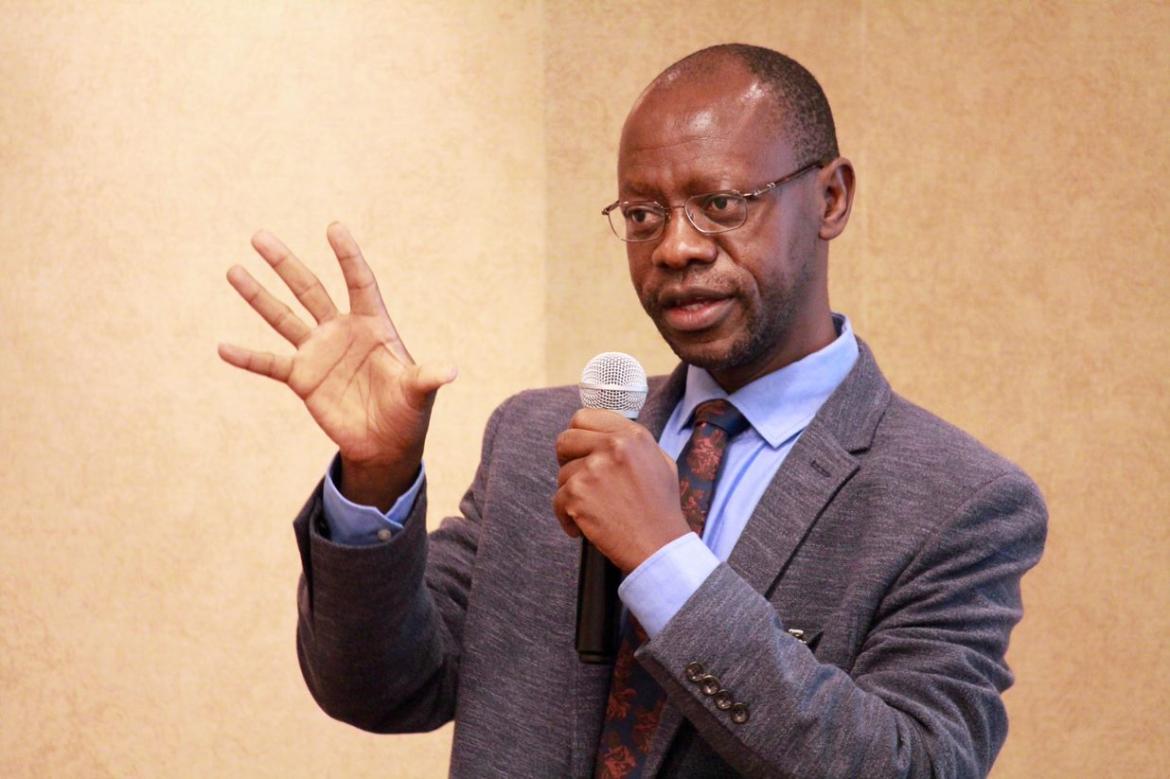Market launch:
Country:
Region:
GIIF worked with MITADER to conduct an Index Insurance Feasibility Study that consists of a value chain analysis for 4 priority crops (beans, cotton, maize, and cashew nuts). Results from the study where disseminated during a stakeholders workshop in Maputo in August 2018, shedding light on farmers’ willingness and ability to pay for insurance premiums as well as identifying key aggregators through which index insurance products could be distributed in the country. GIIF is providing financial support to Hollard Mozambique to help the firm expand its agricultural insurance business line. As

